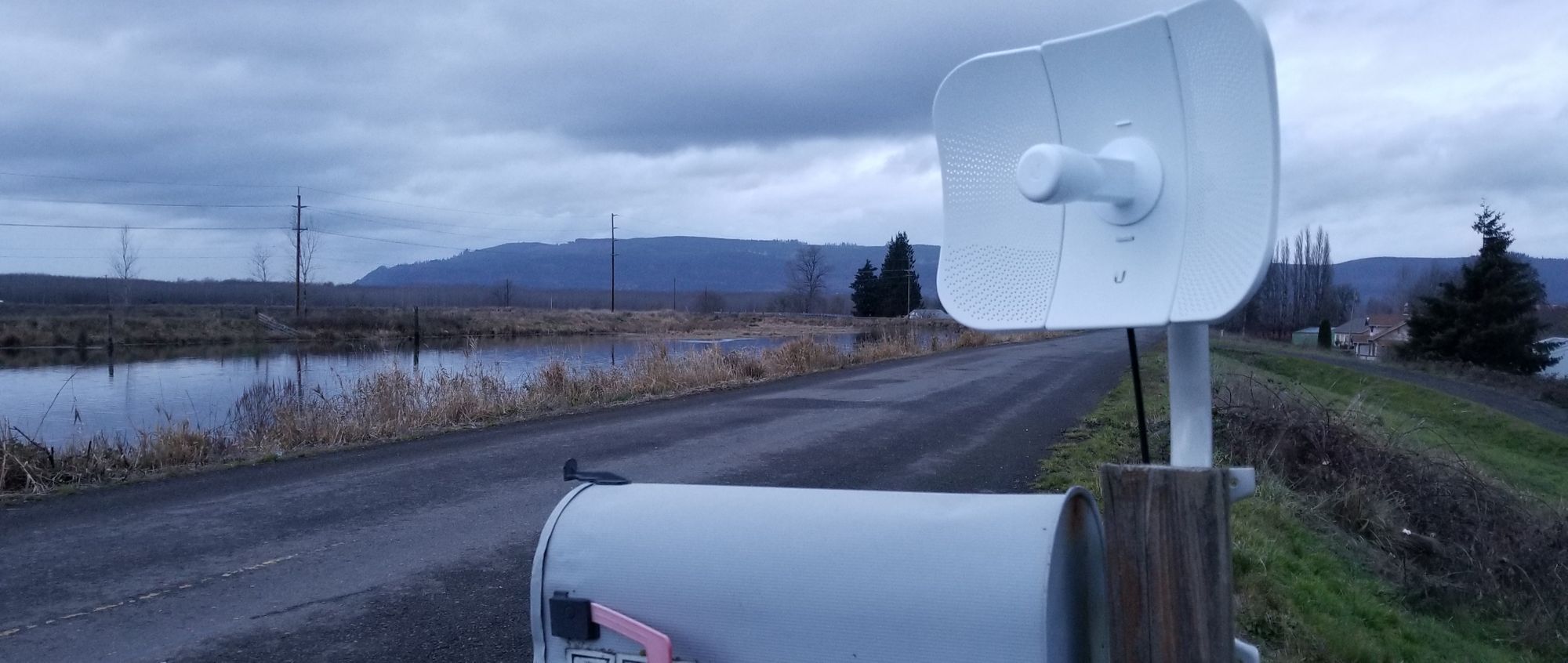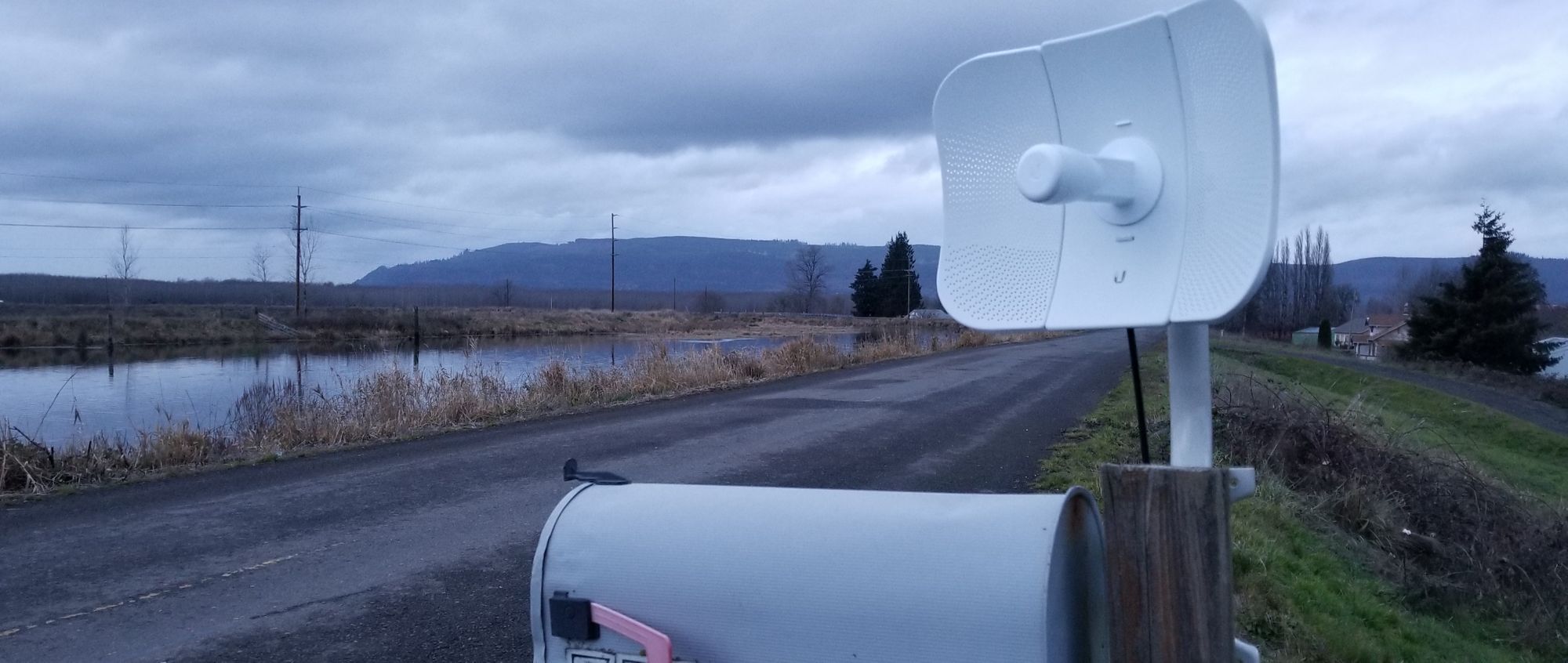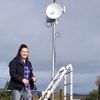Blockchain and Broadband


It’s difficult for big telecom to make money selling bandwidth to small rural towns or low income urban areas, otherwise they would already be there. Internet poverty exists because there is little economic incentive for those who build the internet infrastructure to provide service to these areas. This is further complicated by the centralized nature of legacy ISPs, which are slow-moving and utilize rigid and expensive pathways to build out infrastructure.
Currently, government granting programs funnel billions of taxpayer dollars to big telecom in a short sighted approach to bridge this digital divide. While this has led to some infrastructure improvements, the recurring revenue per user in these areas is small enough that many of the big telecom providers build very minimally and are unwilling to invest in ongoing upgrades. There are still 24 million Americans without access to broadband internet.
Several blockchain Internet projects like RightMesh, Ammbrr, and my own project, Althea, are sustainably solving this problem by incentivizing people to build their own wireless internet infrastructure for their communities. By combining the user and the operator as one entity, the incentives are aligned – the interests are the same. Community members can be encouraged to setup and maintain their own networks if incentives are available for participation in a decentralized ISP.
Hardware investment and use of existing rooftop space is an important part of any wireless network. These new models look to the example of Uber or AirBnB to imagine how people could use their homes and businesses to make money by leveraging resources they already have.
Decentralized systems, which are agile, resilient, and quick moving, are more fit to provide service in many areas. It is the inherent administrative inefficiency of big telecom companies which causes excessive spending and slow implementation. Business people in offices miles away will not have an understanding of the community or how to most efficiently build a network there. Residents of a local community have a deep knowledge of the landscape and connections to property owners that big telecom will never be able to match.
In a decentralized ISP, each home or business can connect to each other, earning money with their property while competing in a decentralized bandwidth marketplace to best serve their neighbors. Community members and small business owners are motivated to create new links to nearby neighbors because they earn money for their participation and hardware. These protocols also incentivize redundant links, adding resilience, and driving prices downwards.
Healthy, thriving networks are being made possible in places that centralized telecom has failed.

